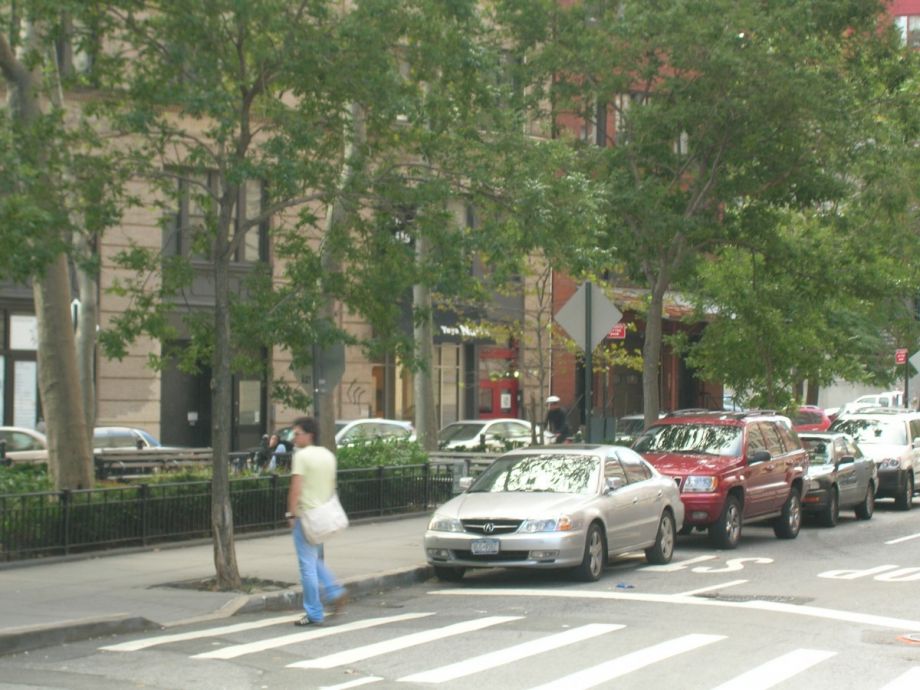Urban Dog Etiquette
How to properly promenade your pooch in public
...
Most cities and counties have some form of leash, license and pick-up-after-your-dog laws.
...
...
Pooper-scooper laws are essential for both the health and beautification of the community. Canine diseases and parasites are often shed in feces, which puts other dogs and children at risk. And no one enjoys maneuvering through unsightly piles of dog waste when out for a stroll. Pick up feces using a plastic bag, and knot the top to control odor and flies before disposing of it in a waste receptacle. Train your dog to urinate in gutters or on nonliving vertical surfaces, such as lampposts or hydrants. Avoid trees and flowerbeds.
www.aspca.org /pet-care/dog-care/ urban-dog-etiquette
Etiquette Lessons and Safety Tips
...
Keep in mind that not everyone loves dogs, so it's up to the urban dogkeeper to present a dog who is well-socialized and under control. ...
Many dogs enjoy the company of other canines, but always ask before allowing your animal to launch himself at another dog—for both their sakes. The same is true regarding children. First ask the child or her parent, “May my dog say hello to you?” before allowing physical contact. The greeting should not include jumping, bouncing off or grabbing at the child—even if it is done in the spirit of friendliness.
...
[Designated Off-Leash Areas:
Some park areas allow dogs to be off leash from the time the park opens until
9:00 a.m. and from 9:00 p.m. until the park closes. ] www.nycgovparks.org /facilities/ dogareas
The American Society for the Prevention of Cruelty to Animals (ASPCA) was the first humane society to be established in North America and is, today, one of the largest in the world. The ASPCA organization was founded by Henry Bergh in 1866 on the belief that animals are entitled to kind and respectful treatment at the hands of humans, and must be protected under the law. Headquartered in New York City, the ASPCA maintains a strong local presence, and with programs that extend our anti-cruelty mission across the country, we are recognized as a national animal welfare organization. We are a privately funded 501(c)(3) not-for-profit corporation, and proud to boast more than 1 million supporters across the country.











